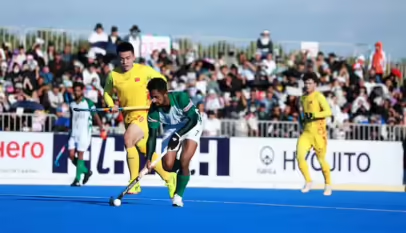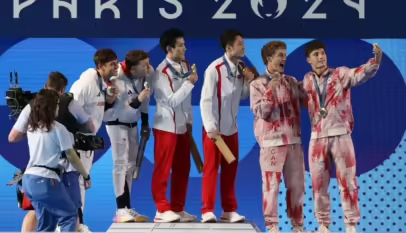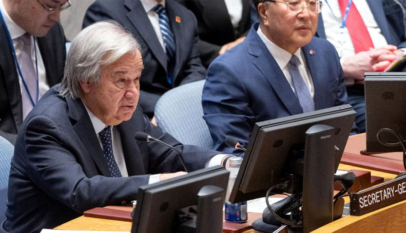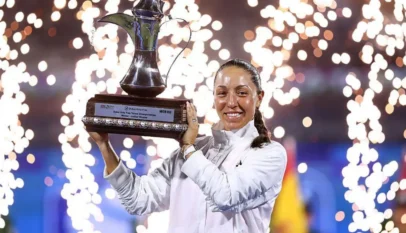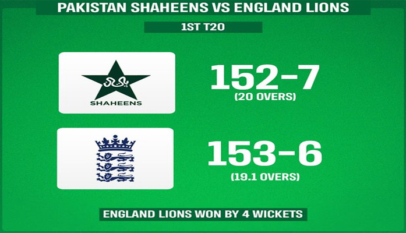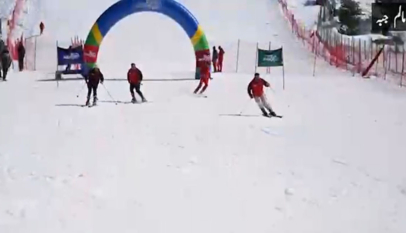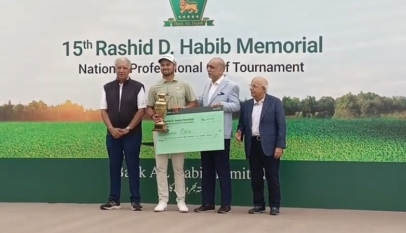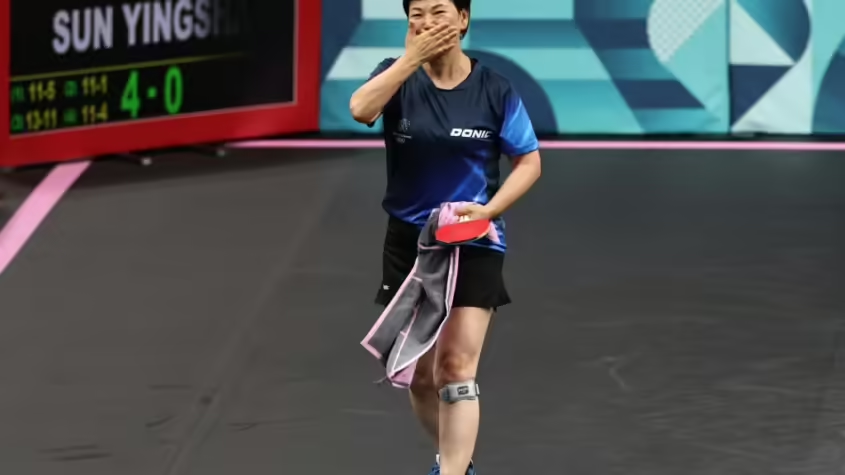
Amid the roaring applause at the South Paris Arena, 61-year-old paddler Ni Xia Lian waved to the crowd with tears of emotion glistening in her eyes, as if she had clinched an Olympic gold medal.
The Luxembourg veteran, however, had just been gracefully defeated in the women’s singles round of 32 at the Paris Olympics by China’s world No. 1 Sun Yingsha, thus concluding her remarkable Olympic journey in the French capital.
Yet Ni’s mere presence on the grand stage, her sixth Olympic appearance, and being the oldest table tennis player at the Games, was a powerful inspiration to peers and fans around the globe.
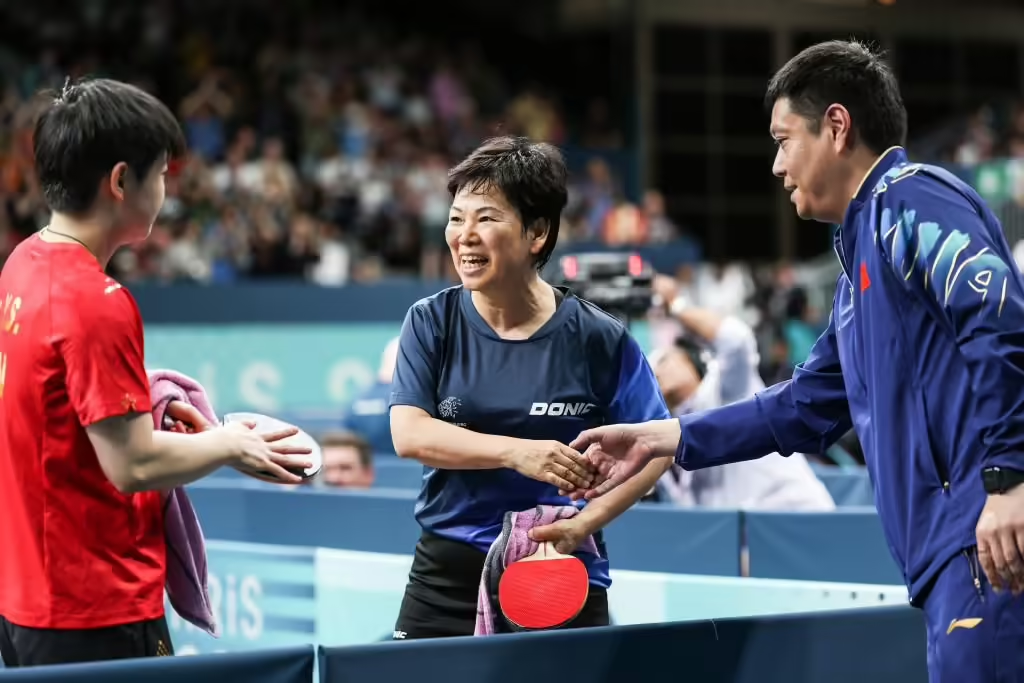
After the 23-year-old Sun secured a decisive 4-0 victory, Ni warmly embraced her, visibly more jubilant than her counterpart, just like a seasoned elder showing admiration for a remarkable youth.
“Auntie Ni is a role model for many of us younger Chinese table tennis players. She embodies a resilient athletic spirit,” Sun said before their match, affectionately referring to the Shanghai-born Ni as “Auntie Ni,” highlighting her respect and their close bond.
Just the day before, Sun, alongside her teammate Wang Chuqin, triumphed in the mixed doubles final, defeating the enigmatic DPR Korea duo and securing China’s first-ever Olympic gold in the event – a redemption for China’s loss at Tokyo 2020.
Ni, with her unique left-handed, long-pimpled technique, similar to DPRK female player Kim Kum Yong, actively served as a sparring partner for the Chinese pair, helping them prepare for the unfamiliar playing style.
“I’m very lucky to have this opportunity to give back to the Chinese team. I’m very happy I was able to help. I wish them all the best,” the veteran stated.
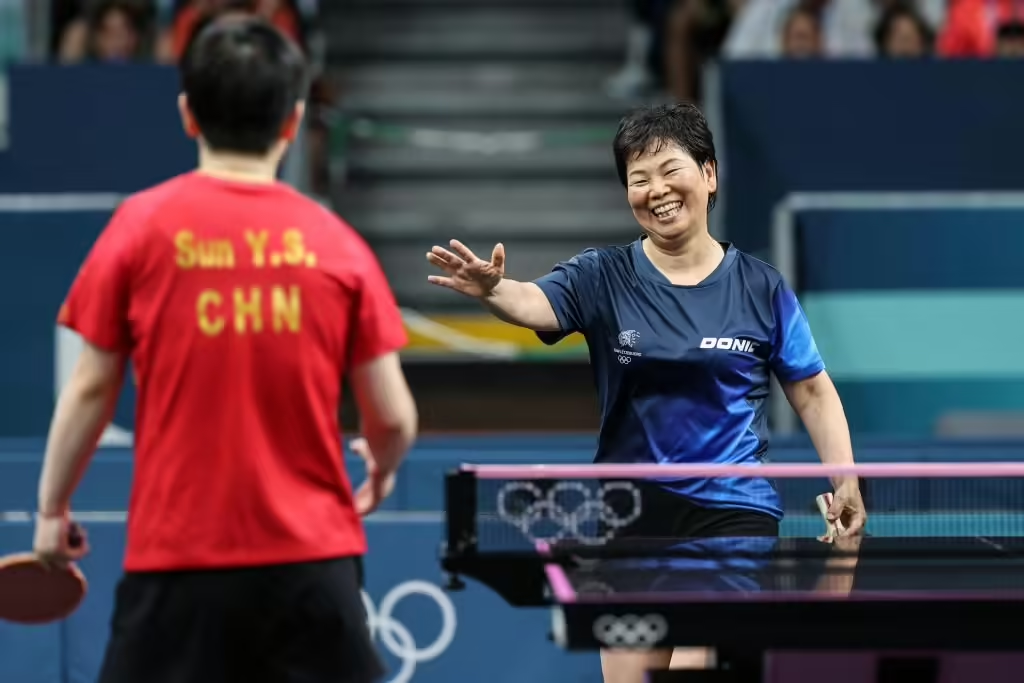
Starting her table tennis journey at the age of seven in China, Ni made the national team in 1979 and captured two gold medals at the 1983 World Championships in Tokyo. Then she left the team in 1986 to study abroad and eventually settled in Luxembourg in 1991. She even carried the flag for Luxembourg during the Paris Olympics opening ceremony.
“I came to Luxembourg, but I never thought, ‘I want to play in the Olympics’. It was my goal at one time, but I never thought I could make it,” Ni reminisced. “Luxembourg wanted me to coach, and I was 26 at that time. Then they realized I could play, and I too realized I could still play, so I just continued and after 10 years I was really good.”
Ni’s Olympic debut came at the 2000 Sydney Games, before Sun was even born. Their match at the Paris Games was humorously dubbed by many Chinese fans as a “grandmother-granddaughter duel.”
“What a rare opportunity this was. She is the best in the world. Meeting and competing with her at the Olympics is such a heartwarming moment. I feel so moved, so happy that I got this chance to play ‘Shasha’,” Ni remarked, referring to Sun by her nickname.
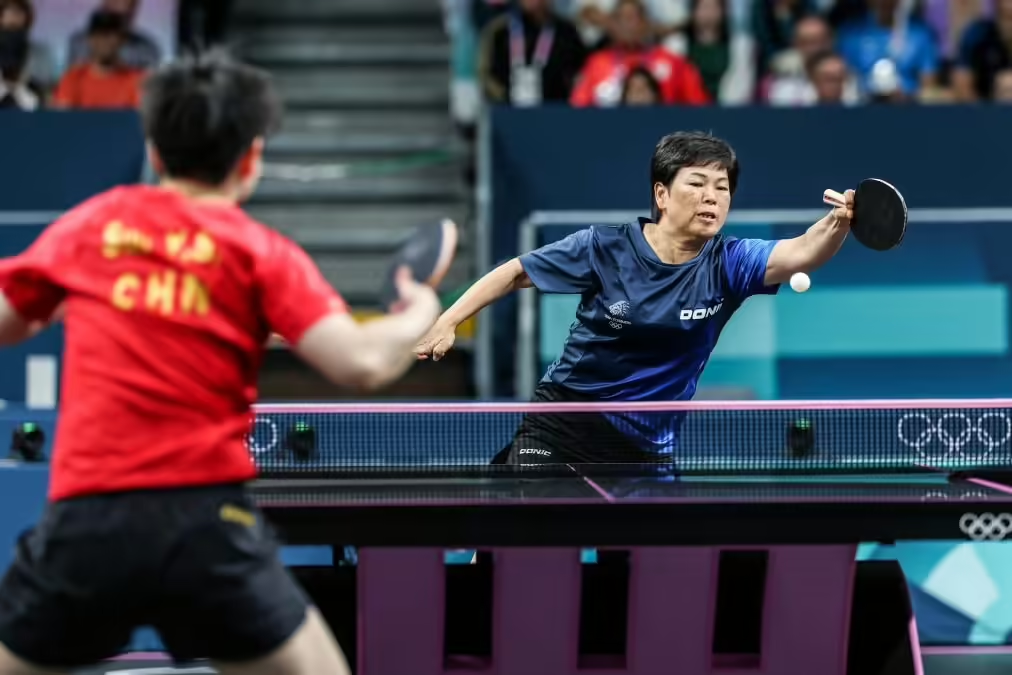
“We are all inheritors of the spirit of Chinese table tennis. While many [former Chinese players] are scattered around the world, our hearts are always together,” she added.
Throughout the rivalry, Ni’s eyes sparkled with excitement. She leaped in frustration over missed points and frequently smiled, thoroughly enjoying every moment with vibrant energy.
“This is the Olympic spirit. Winning or losing is secondary; what matters is passionate love for a sport,” commented a Chinese web user after watching their match.
“I know I am not the youngest, but I always say, ‘Today I am younger than tomorrow.’ If you set your mind on something, age will not be an obstacle,” she stated in an interview.
Like a young dreamer, Ni remains hopeful about the limitless possibilities ahead when it comes to considering if Paris would be her Olympic swansong. “If we make it, great; if not, then we gave it a shot,” she said.
After her Wednesday’s match, Ni’s coach and husband, Tommy Danielsson, whispered words of encouragement and gave her a soft kiss.
“He told me I played well. He always uses these opportunities to give me a kiss,” Ni shared with a shy smile, reminiscent of a young lady just falling in love.



